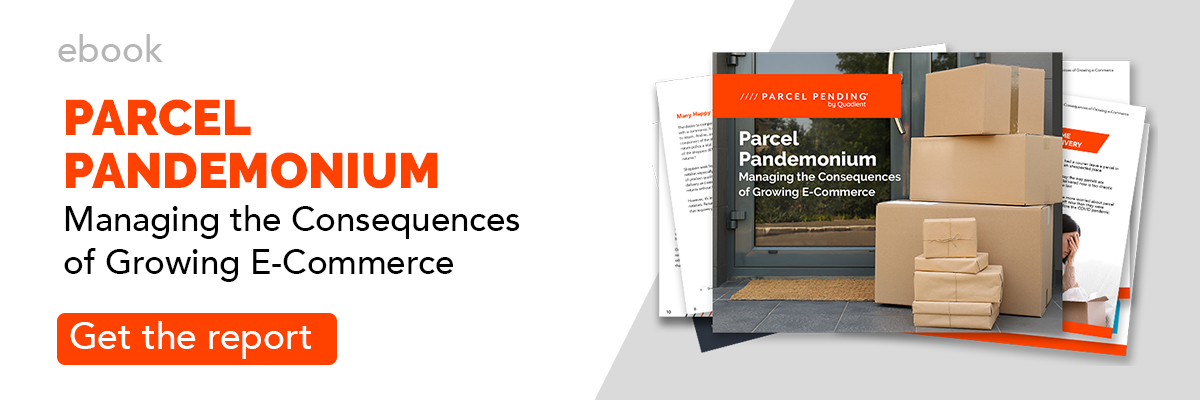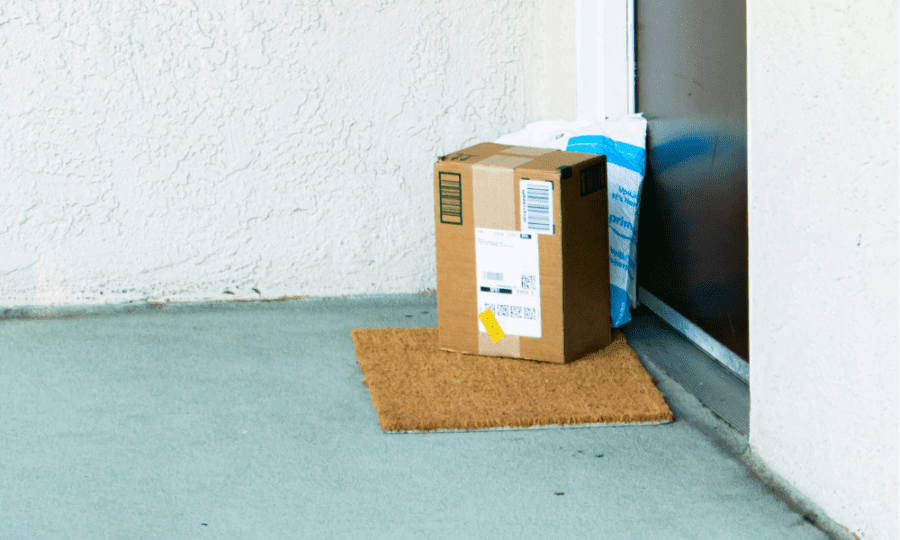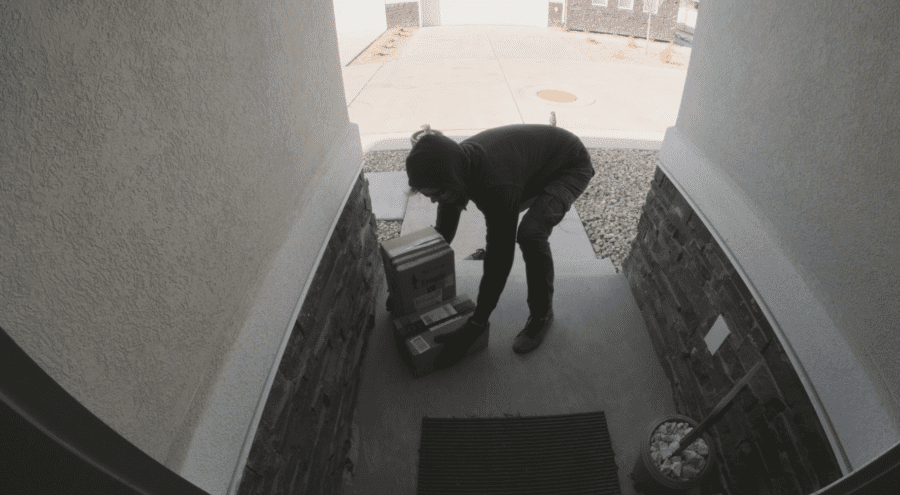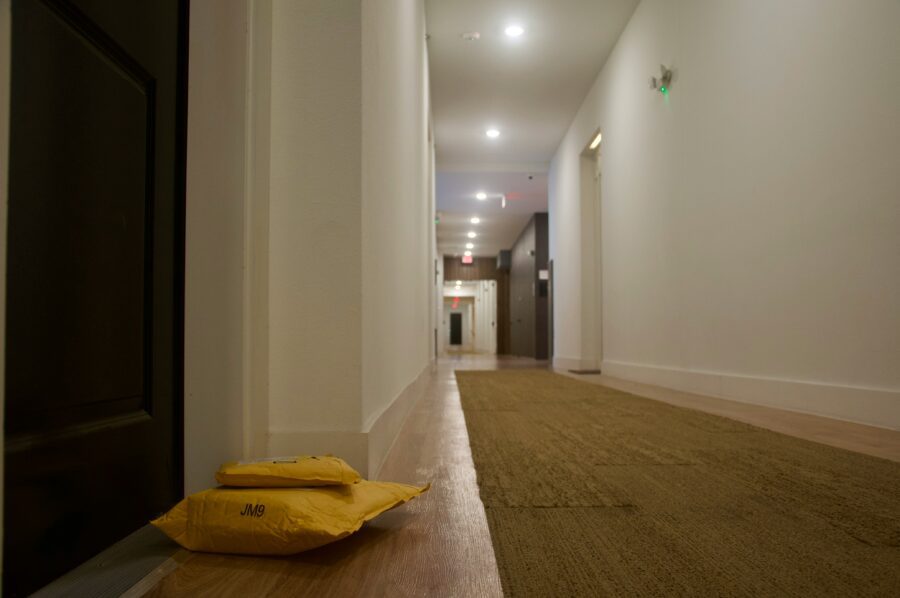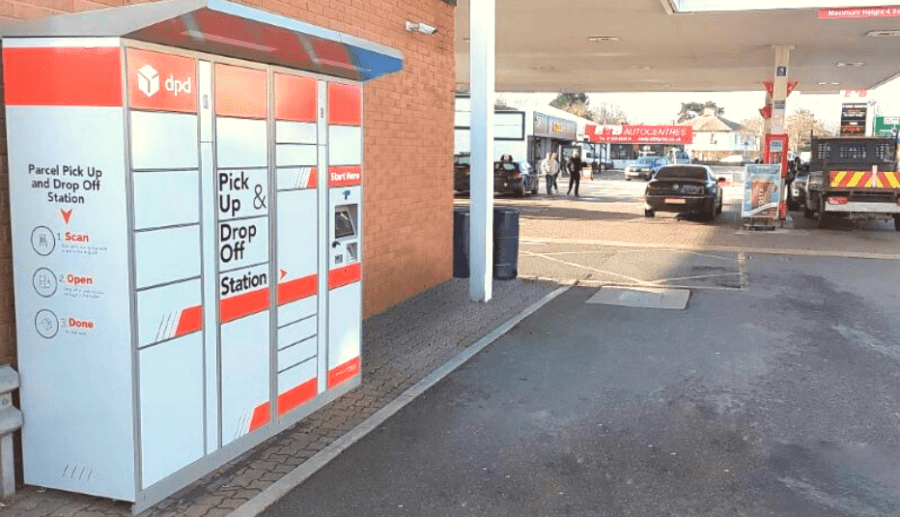
Open Locker Network
The benefits of trip-chaining for retailers, consumers and society
Written by: Parcel Pending
4 Min Read
Published: August 9, 2023
Updated: December 11, 2024
Brand new research shows online retail delivery must change for the good of consumers, retailers, and society – it’s time to highlight the benefits of trip-chaining.
For a moment let’s take stock of how we live our lives. Everyone is racing about. Whether it’s commuters stumbling out first thing to get to the office and doing it all over again on the return journey, or homeworkers popping to the gym or convenience store on their break before speeding back to their desks, the daily scramble is ingrained in society. Things don’t slow down at the weekends either. For families, there’s the mid-morning dash to the next kids’ party, sports event or supermarket. Others pack their itineraries with day trips, or meeting friends and loved ones at the coffee shop, pub or restaurant.
The most adventurous of us are doing all of the above on a weekly basis. It comprises the rich tapestry of life and how we spend our time – and it’s crucial retailers consider these minutiae when planning how to serve their customers.
Grocers continue to grow their convenience arms to cater for the on-the-go shopper with quick cook ranges and stores in handy local locations. Other brands have ramped up their store presence at stations or rolled out click & collect sections in stores in the name of convenience, as well as offering mobile shopping experiences enabling quick buys.
But does the current online delivery model fit the needs of today’s busy consumer? If we were to design online fulfilment from scratch knowing all we know from over 25 years of e-commerce, would it stay the same? We think the answer to both of those questions is ‘no’ because our research shows there are real signs of discontent with online retailing in its current guise.
In our recent consumer survey, we uncovered that some 35% of consumers are more worried about parcel theft than before the pandemic, 42% say the number of delivery vehicles on the road is making their community less pleasant and safe, and 57% of consumers say buying products online and then having to return them is a frustrating experience. Almost half (45%) argue the existing click & collect model is too frustrating to use regularly.
It seems the current e-commerce fulfilment model no longer serves the hectic and varied lifestyle described above.
A link in the trip-chain
IMRG’s Consumer Home Delivery Report 2022-23 says the risk of failed delivery due to no one being at home remains the biggest off-putting factor at the checkout. Apart from the pandemic lockdowns, this has always been the greatest concern for online shoppers. Delivery to home will always have its place, but making parcel fulfilment more ingrained in everyday routines surely has wide-ranging benefits too. In our view, making online parcel delivery a link in the trip chain of people’s daily lives is the way forward.
Parcel locker networks in the community, at petrol stations, next to convenience stores and gyms, and close to travel hubs and places of work alleviate the consumer concern highlighted in IMRG’s research in an instant. More of these sites located around the UK would make it easier for parcel delivery and collection to be part of people’s everyday trip chains.
And these parcel locker networks can drive commercial growth for those who host them. Not only can they boost footfall, but somebody entering a retail store to pick up a parcel may decide to make an immediate ad-hoc purchase. That’s not possible with home delivery.
Our research shows consumers are most likely to make an additional purchase when picking up a parcel from a large supermarket (54% would do so), small supermarket (52%) or newsagents (48%). Some 21% of survey respondents say they would spend £20 or more at a large supermarket when picking up a parcel from a locker.
There’s also an argument that having locker networks in town centres would encourage people back in at a time local councils are concerned about declining footfall.
Unintentional benefits
Thinking about characteristics of the modern consumer again, people are becoming increasingly eco-conscious. IMRG’s delivery report has run since 2009 and in that time consumers have always said they would choose a carbon-friendly delivery alternative over a traditional method if available. The amount people would be willing to spend per year on such delivery has not increased in line with rising environmental concerns, though, suggesting retailers must seek new options to reduce their delivery carbon footprint.
A study from University of Michigan and Ford on grocery shopping and carbon emissions published in August talks of the vital role consumers can serve in reducing emissions “through the use of trip chaining and by making carefully planned grocery orders”.
Our study shows 54% of people think businesses providing parcel lockers care more about the environment, the community, and customer service. A huge 68% of 18 to 34-year-olds said lockers in suitable locations would make their communities more pleasant.
Some 44% of respondents feel under pressure to reduce emissions and the number of journeys they take but don’t have effective local solutions. Over half (52%) would happily reduce the number of journeys they make if their council provided the amenities.
Online shopping has given consumers a lot of freedom and choice and has proved convenient for millions of people. The delivery locker evolution must continue, though – and parcel locker networks fit the bill for much of what modern society is looking for.
Click here to learn more about what you can achieve by joining our Open Locker Network.



